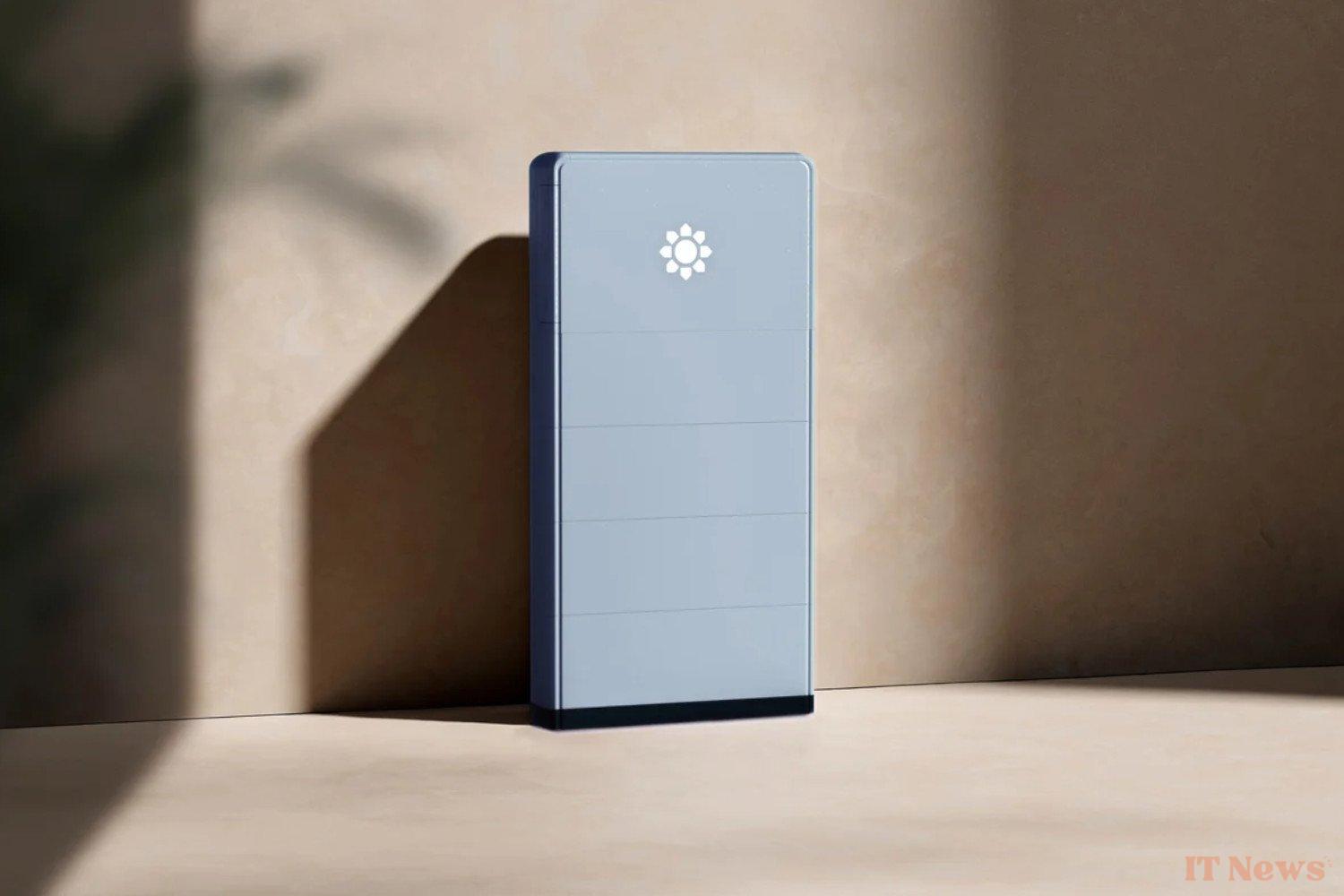Solar panel owners will have to change their strategy. With the latest update to the S21 decree of March 25, 2025, the government has significantly reduced financial aid and purchase prices for solar electricity. For individuals, the days when reselling their surplus energy were synonymous with good business are over. From now on, self-consumption is becoming essential, and with it, energy storage is emerging as the new power card. play.
Freefalling aid, rising bills
In just a few months, economic conditions have changed drastically. Specifically, the self-consumption bonus has just been cut in half: it has gone from 200 euros to just 100 euros per kilowatt-peak. Even more painful, the feed-in tariff for surplus electricity is now three times lower, falling sharply from 12.7 cents to just 4 cents per kWh.
Meanwhile, the average electricity bill continues to soar: in 10 years, it has exploded by 80%, while the price of EDF subscriptions jumped by 116%. And according to UFC-Que Choisir, the French can expect a further increase of 20% from January 2026, with the end of regulated access to historic nuclear power (ARENH).
Solar storage becomes almost inevitable
Faced with this new situation, a majority of French people are changing course. According to a recent OpinionWay survey, 68% of them now prefer to store their solar electricity rather than sell it to EDF at a very low rate. They thus choose to maximize their own consumption to better control their bill.
A concrete example: a family of four in Nantes who equip their solar installation with a Beem battery can achieve an energy autonomy of 70%. Over 20 years, the savings would be close to 40,000 euros, compared to barely half that for an installation without storage.
But other less expensive solutions exist, such as Ecoflow with its Powerstream “balcony” solution, to which one or more batteries can be connected, as well as Zendure with its latest innovations, the SolarFlow 2400 AC and the SolarFlow 800 Pro, for intelligently storing your electricity.
The Nantes-based startup Beem confirms this trend. In less than six months after its launch, its “Beem Battery” storage solution has already captured 10% of the market. French residential batteries. Its ambition? To quickly exceed 20%, driven by growing demand from individuals eager to free themselves from price increases and uncertain government policies.
Because beyond savings, it is also autonomy in the face of power cuts, thanks to secure storage and automatic control via a mobile app, which is attracting consumers today.
With decree S21, the government is sending a clear signal: the era of generous aid is over. The French must now think differently about their relationship with energy. Storage, which until recently was reserved for technophiles or committed environmentalists, is suddenly becoming a given for the general public. One thing is certain: this new energy situation could well mark the beginning of a small revolution in our homes.



0 Comments